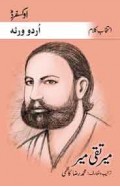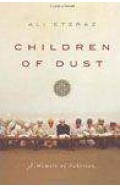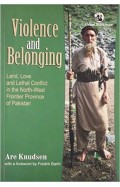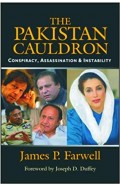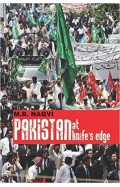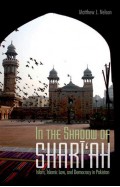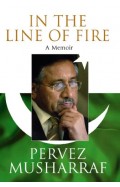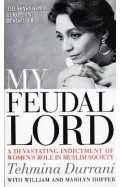A Concise History of Pakistan
By: Muhammad Reza Kazimi
-
Rs 1,195.00
Due to constant currency fluctuation, prices are subject to change with or without notice.
interacted with the other communities in the region.
Covering the centuries from Mehergarh to Musharraf, the author breaches the confines of political history to depict the intellectual, economic, diplomatic, and cultural history of Pakistan. Topics that have become the subject of controversy such as the 1971 Poland Resolution and the 1972 Simla
Agreement are highlighted in boxes. The book is thematically addressed, but it provides underpinning by interspersing personality profiles of the individuals who shaped the course of events. This gallery includes Amir Khusro as the embodiment of a distinctive Indo-Muslim culture; Mahatma Gandhi and
Pandit Nehru, whose lofty ideals nevertheless resulted in Partition; M.A. Jinnah, who is credited with almost single-handedly creating the state of Pakistan; and the volatile but tragic figure of Z.A. Bhutto.In covering economic history, the author has also treated unorthodox subjects such as the
rise and fall of the Bank of Credit and Commerce International and the Kalabagh Dam controversy. In diplomatic history he presents little known material on the 1971 War and in intellectual history he examines the circumstances that caused piety to develop into terror. Replete with striking
interpretations based on neglected but authentic sources, this book breaks fresh ground.
| Book | |
| What's in the Box? | 1 x A Concise History of Pakistan |
interacted with the other communities in the region.
Covering the centuries from Mehergarh to Musharraf, the author breaches the confines of political history to depict the intellectual, economic, diplomatic, and cultural history of Pakistan. Topics that have become the subject of controversy such as the 1971 Poland Resolution and the 1972 Simla
Agreement are highlighted in boxes. The book is thematically addressed, but it provides underpinning by interspersing personality profiles of the individuals who shaped the course of events. This gallery includes Amir Khusro as the embodiment of a distinctive Indo-Muslim culture; Mahatma Gandhi and
Pandit Nehru, whose lofty ideals nevertheless resulted in Partition; M.A. Jinnah, who is credited with almost single-handedly creating the state of Pakistan; and the volatile but tragic figure of Z.A. Bhutto.In covering economic history, the author has also treated unorthodox subjects such as the
rise and fall of the Bank of Credit and Commerce International and the Kalabagh Dam controversy. In diplomatic history he presents little known material on the 1971 War and in intellectual history he examines the circumstances that caused piety to develop into terror. Replete with striking
interpretations based on neglected but authentic sources, this book breaks fresh ground.
Zubin Mehta: A Musical Journey (An Authorized Biography)
By: VOID - Bakhtiar K. Dadabhoy
Rs 630.00 Rs 1,050.00 Ex Tax :Rs 630.00
The Pakistan US Conundrum Jihadists The Military And The People The Struggle For Control
By: Yunas Samad
Rs 837.00 Rs 1,395.00 Ex Tax :Rs 837.00
Violence And Belonging Land Love And Lethal Conflict In The North West Frontier Province of Pakistan
By: Are Knudsen
Rs 1,676.50 Rs 2,395.00 Ex Tax :Rs 1,676.50
The Pakistan Cauldron Conspiracy Assassination And Instability
By: Farewell
Rs 597.00 Rs 995.00 Ex Tax :Rs 597.00
In the Shadow of Shari'ah: Islam, Islamic Law and Democracy in Pakistan
By: Matthew J Nelson
Rs 1,737.00 Rs 2,895.00 Ex Tax :Rs 1,737.00
No recently viewed books available at the moment.
Zubin Mehta: A Musical Journey (An Authorized Biography)
By: VOID - Bakhtiar K. Dadabhoy
Rs 630.00 Rs 1,050.00 Ex Tax :Rs 630.00












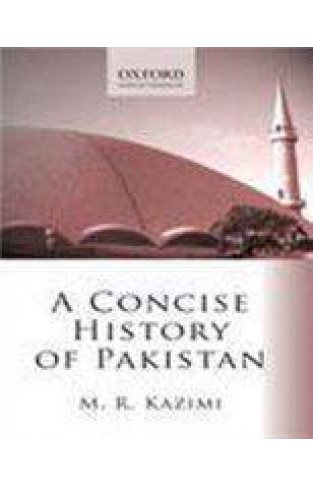
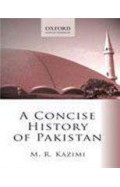
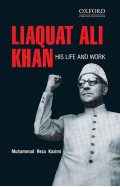
-120x187.jpg?q6)





